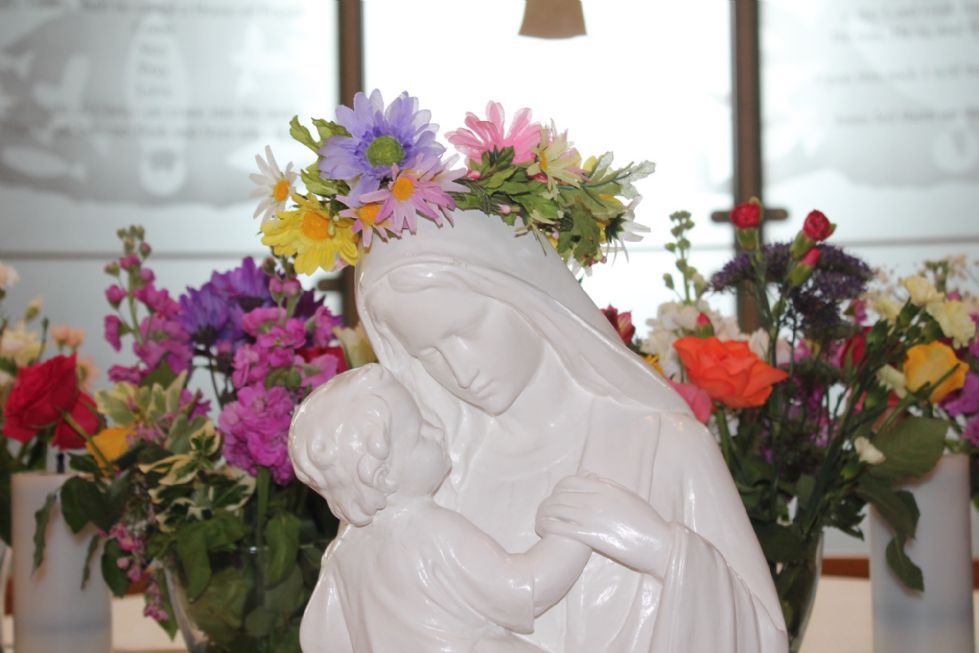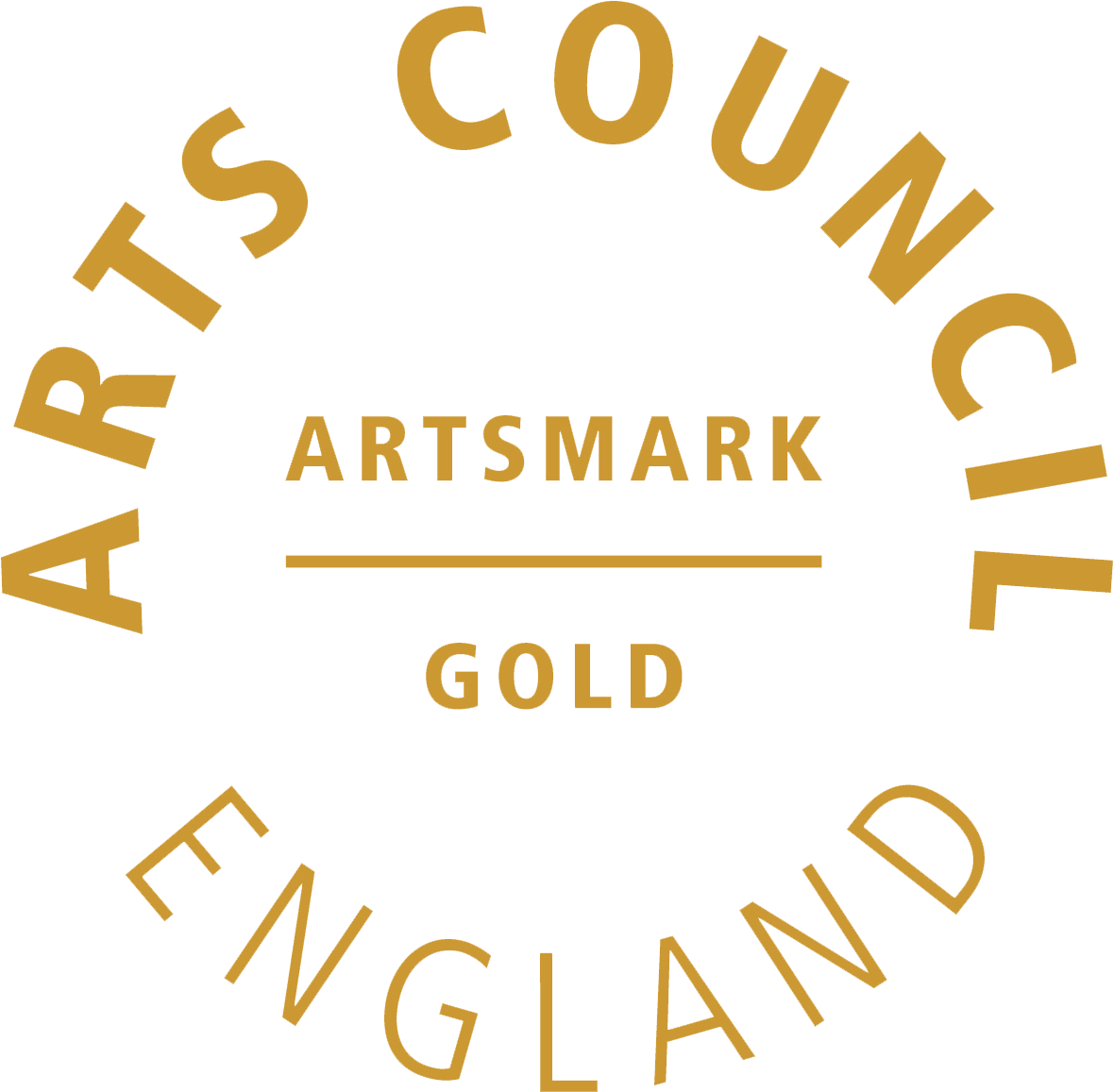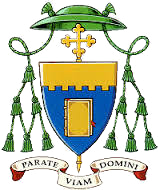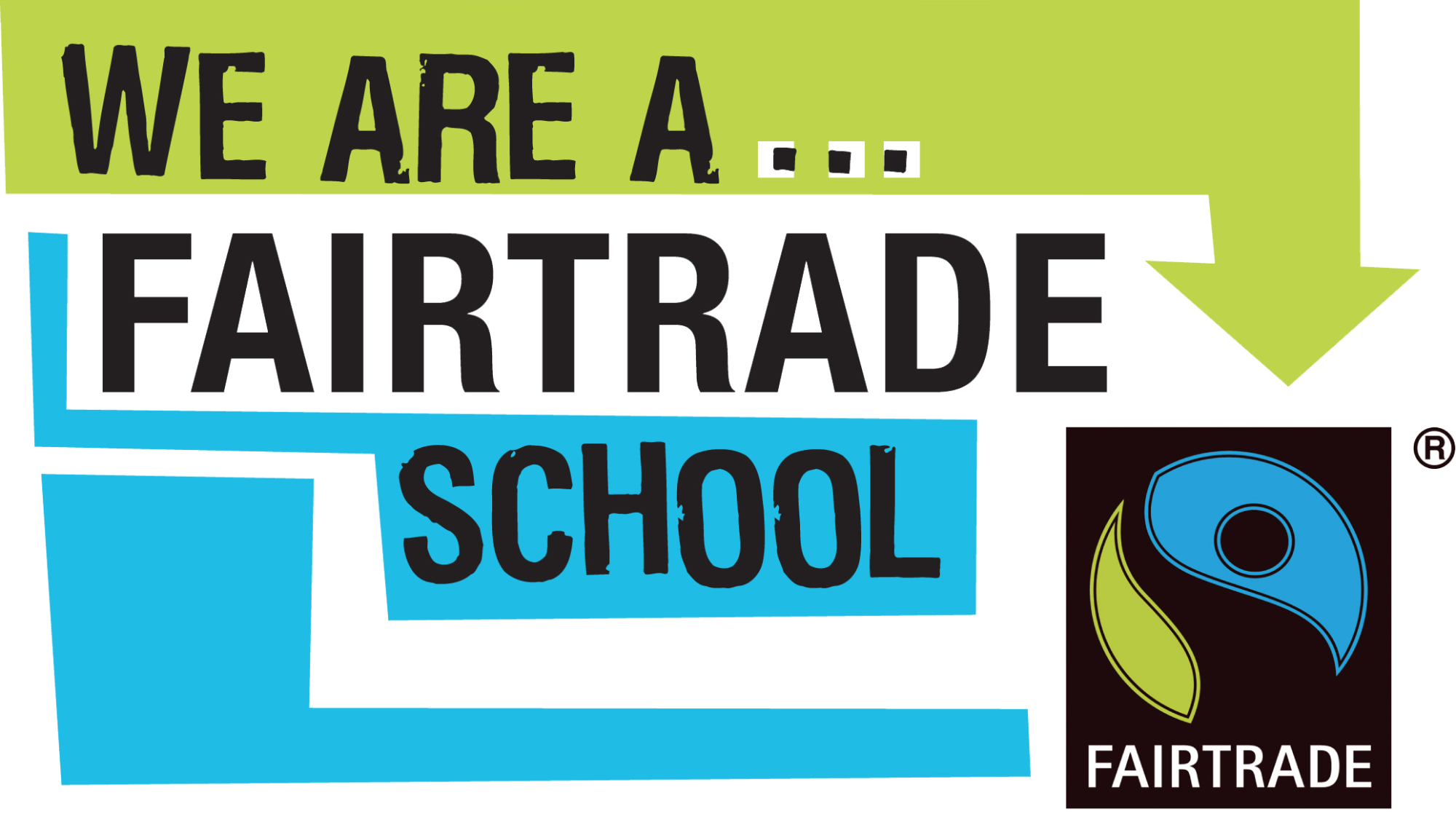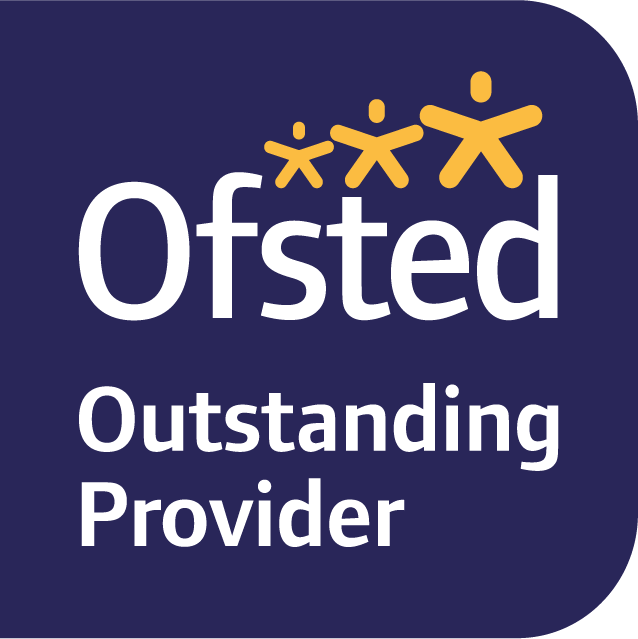Religious Education
Our Mission
Living as the People of God is our daily intention and the principles of Catholic Social Teaching underpin much that we do.
The choices we make and the expectations we nurture in our children emanate from a guiding desire to live our lives according to gospel values.
In the words of our Mission Statement, written by the children:
- God is at the heart of everything. Prayer is behind us in all that we do.
- We are God’s family, here to learn and try our best.
- We are called to serve others.
- We treat others with respect, as we would wish to be treated ourselves.
- We want everyone to be the best person they can be.
- We are all amazing in our own way.
- We look after the wonderful world that God created for us.
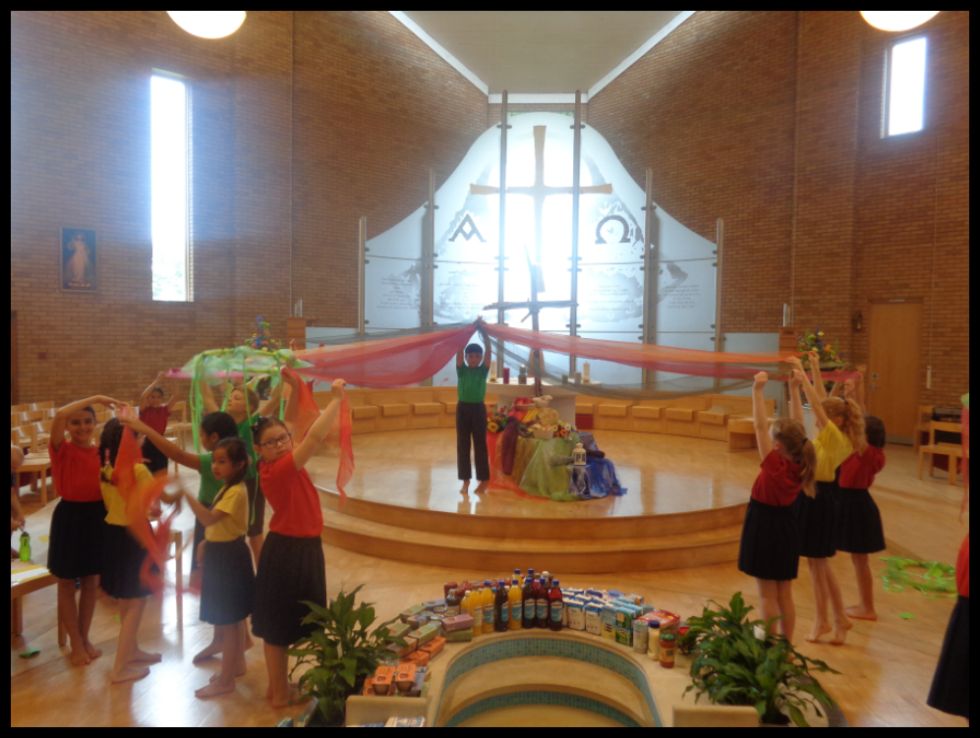
All that we do at St Joseph’s is shaped by our commitment to our Faith.
Our Mission Statement is reflected in our Religious Education curriculum , taking its roots in gospel values and the principles of Catholic Social Teaching.
Our Vision for RE
Religious Education takes pride of place in the school curriculum. It compliments and builds upon experiences children gain in other areas of their academic, social and spiritual development, inside and outside of school.
Through our Religious Education programme we:
- Promote each child’s innate capacity for wonder, awe and reverence and inauguration for the spiritual.
- Deliver a curriculum in accordance with the rites and practices of the Catholic Church
- Foster a spirit of tolerance, respect and understanding of other cultures and traditions represented in the school and in the wider community.
- Encourage individual responsibility for one’s own Faith journey by promoting independence in learning.
- Show a systematic understanding of Christ, The Christian event, the message and the “Way of Life”.
- Provide a climate where Christ can reveal himself.
- Value the contribution each child makes to the spiritual community.
- Provide opportunities for affirmation and growth of faith.
Religious Education offers opportunities for:
- celebration and worship
- prayer and reflection
- development of religious language and literacy – of people, places and objects – through stories, symbols and rituals
- a joyful learning journey, which marks out growth in learning and understanding of The Faith
- an experience and celebration of their success and that of others
- finding evidence of “Christ in our World” in their everyday experiences
- working together within a context of mutual support.
Parents and carers maintain the lawful right to withdraw their child from all or part of RE should they choose.
How teachers embed learning
Faith formation is delivered in several specific ways:
R.E. lessons The Religious Education Directory (RED) most year groups now follow the new RED curriculum, which is high quality. By 2026, all children will be accessing this programme.
School Assemblies and Liturgies The School gathers on a daily basis either as a whole or in year groups. Our daily liturgies focus on prayer and reflection, taking either a current learning theme, church season or the weekly gospel readings as content.
- Our weekly whole school liturgies are very special; children and staff look forward to gathering together as a community. The liturgy reflects the liturgical year and any relevant themes and is facilitated by the 'Busy Bees' and the Prayer Leaders, supported by the Head teacher and RE Leaders.
- Our Friday assembly is a celebration when we give our awards and rejoice in our special talents. The much coveted ‘Child of the Week’ award is given at this time.
Masses and Celebrations A programme of liturgies and masses is established with the parish clergy at the beginning of the year. It reflects key days in the liturgical calendar. Many parents and others attend alongside the school.
Prayer Life Prayer forms part of the daily worship in the classrooms. Within each classroom, an area is designated as a prayer focus, equipped with bibles, a candle and other objects which support prayer and liturgy. Each class is also provided with a ‘Prayer and Worship Handbook’, which is a guide for liturgies, masses, displays, prayer areas, and liturgies. Children take a strong lead in planning liturgies in class, year group pods and where appropriate whole school.
During Advent, each family takes home a Travelling Crib to share with their family, which includes prayer booklets for each week of Advent.
Witness to our Faith Our children, through their house groups, raise money for charity. House groups organise fundraising days spaced throughout the year. In this way, we donate to:
- Missio
- HCPT through a local parish group
- Faith in Action
- Jigsaw
- Epsom Foodbank
In addition, at Christmas, families donate to CAFOD in place of sending Christmas cards to each other. Through the World Gifts initiative, we buy goats, education packs, water for a village and other items.
We also support an annual charity, which is typically suggested by school families.
Contribution to Parish Life
On Holy Days of obligation and special days, we join with parishioners and parents for prayer services and masses, in our adjacent parish church. For these occasions, the school prepares the liturgy, including readings, singing, offertory and serving.
At other times, our children attend specific services at St. Joseph’s Church. Of particular importance is the Advent Service, the Passion Play, May Procession and Harvest.
We launch our year by welcoming newcomers to the school, when children are presented with a prayer card as a memento of joining our school worshipping community.
The end of year mass for the children who are transferring to their secondary schools is particularly special.
At this, we present each child with a crucifix to take with them as they go forth. They also receive a ribbon wrapped set of their Special Books, for each of their years with us.
During Lent and Advent, the children attend a reconciliation service.
.
Regular contact between school and parish is maintained. This is enhanced greatly by the weekly visits of members of the Parish Team, who are involved in the classrooms and in supporting the staff.
The Framework for Learning in Religious Education
This section is being updated.
Achieving the highest standards in RE
What we believe we achieve at St Joseph’s is that our children are living and breathing our Catholic faith, following the Gospel values and living out the school Mission Statement.
In many lessons, children have the choice of a challenge task, which encourages deeper thought and reflection. This enables them to show a deeper understanding of the learning, often making links to scripture, Catholic beliefs and their lives.
Children are used to self-assessment in RE, where the success criteria enable children to reflect on their learning and strive for high levels of attainment.
The Special Books are one of the ways we measure how well knowledge and understanding is embedded in RE learning.
Another is the way the children conduct themselves in and around school and the way they treat and respect each other and their school environment. Both are sound indications of how they have learnt to live their Catholic faith and serve others.
When we talk to children, we hear them using religious language.
Children have the opportunity to share their work with their parents on three open days throughout the year, a shared time which they relish.

